By Jae-Ha Kim
Substack
July 23, 2024
Tonight’s newsletter isn’t about Korean culture, per se. However, it deals with racism over the decades and how stereotypes from way back when still affect the
East Asian community today.
Earlier this week on the social media app, Threads, a user asked if a poster she loved — which her daughter described as pretty racist — should continue to be displayed in her home.
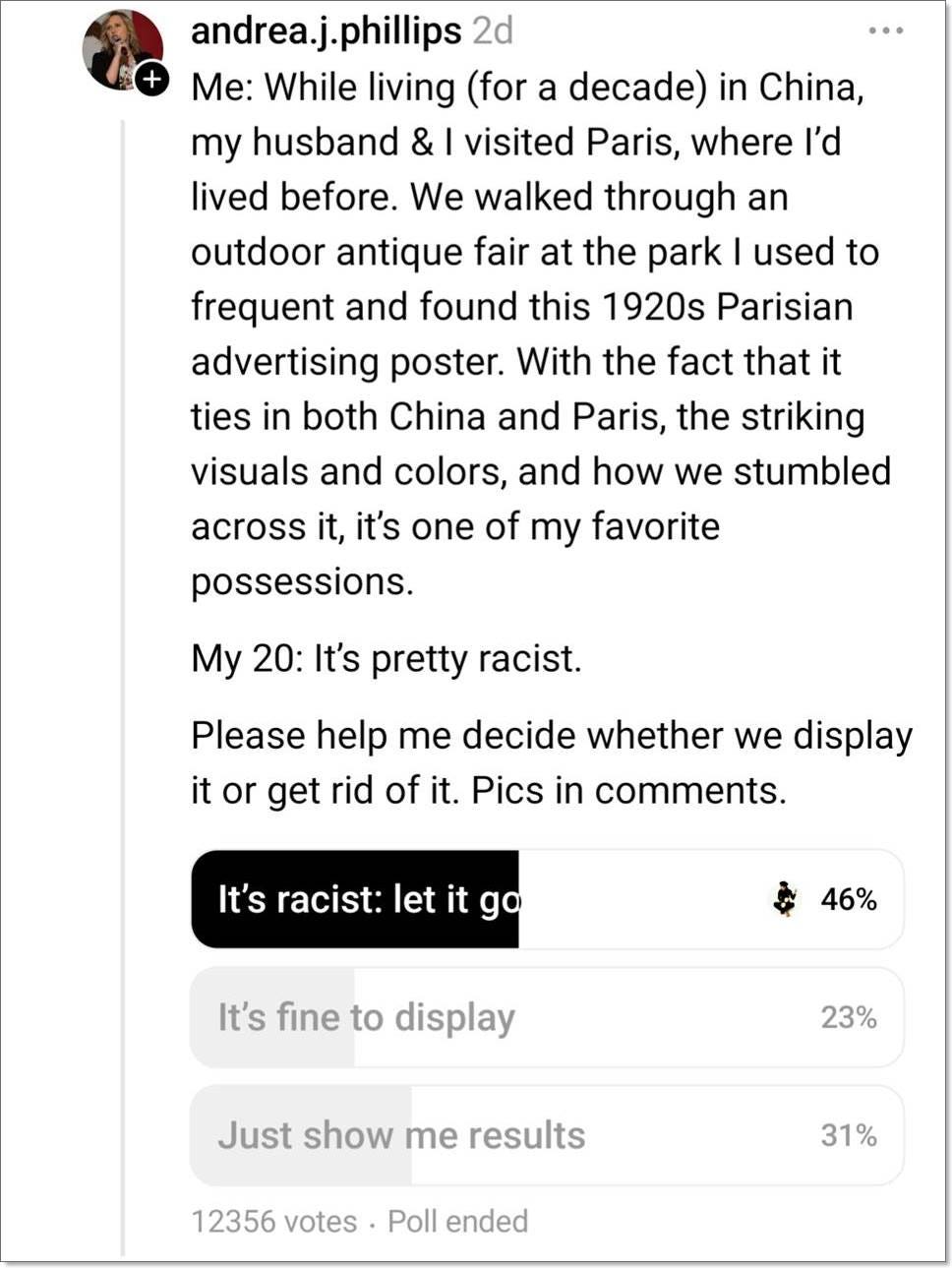
My answer was no, for a variety of reasons:
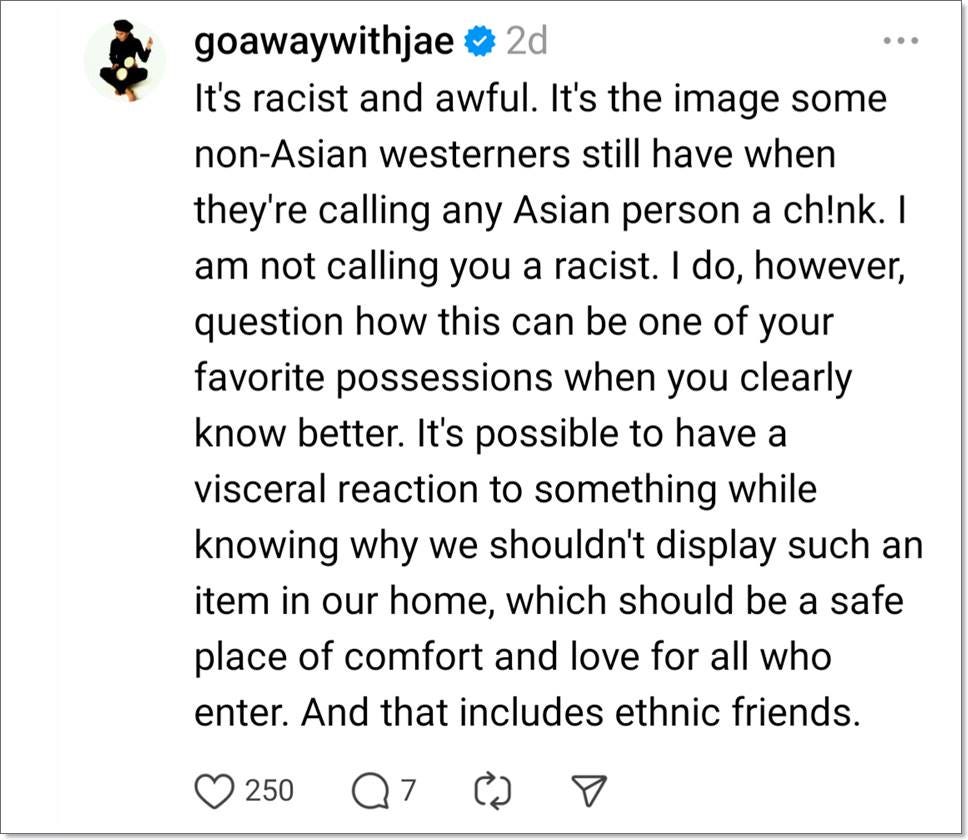
Most ethnic Asian respondents said no, don’t display it. It’s racist.
But there were quite a few non Asians who felt that while it may be racist today, it wasn’t back then. So it therefore is A-OK to display it and use it as a discussion piece. Or put it somewhere everyone can’t see it, so you can enjoy it without being accused of being a racist. In other words … just be a closet racist.
Some, like the woman below, pointed out that it was a lovely drawing of a Chinese woman… Except. It’s a drawing of a Chinese man.
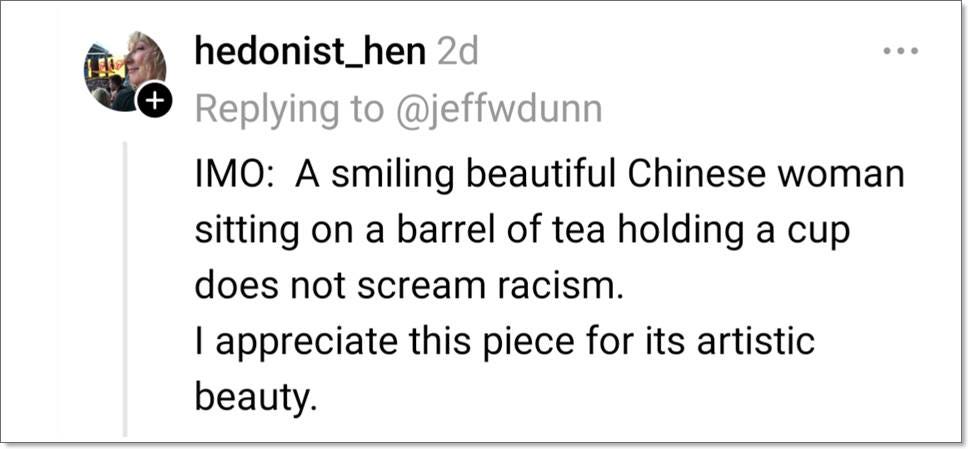
Tʜɪs ɪs ʜᴏᴡ sᴛᴇʀᴇᴏᴛʏᴘᴇs ᴡᴏʀᴋ. Wʜɪᴛᴇ ᴡᴇsᴛᴇʀɴᴇʀs ʜᴀᴠᴇ ᴅᴇᴘɪᴄᴛᴇᴅ Asɪᴀɴ ᴍᴇɴ ᴀs ʙᴇɪɴɢ ᴇғғᴇᴍɪɴᴀᴛᴇ sɪɴᴄᴇ ғᴏʀᴇᴠᴇʀ.
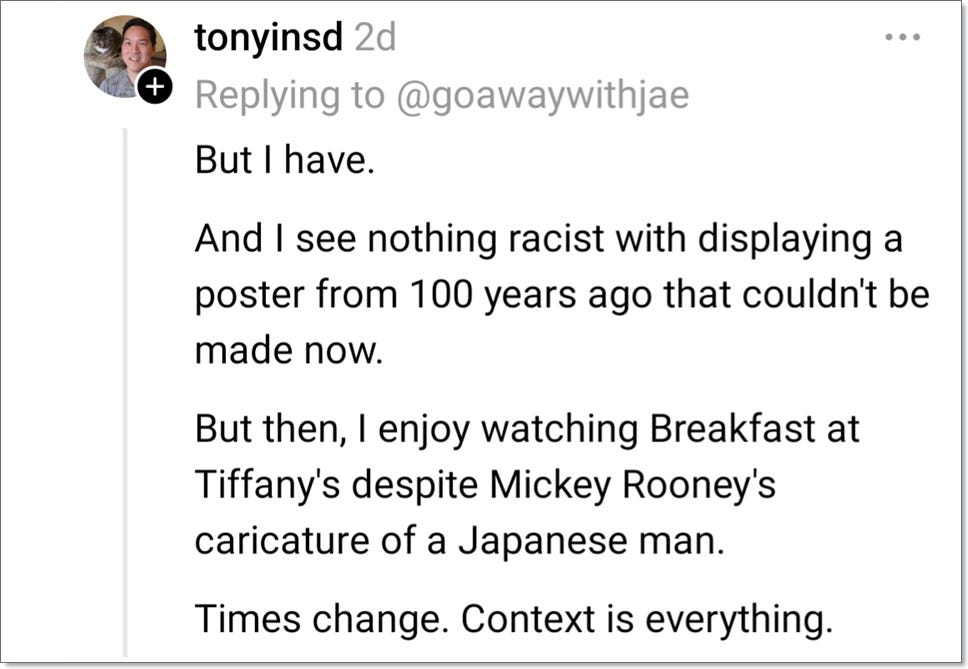
 I ʜᴏᴘᴇ ᴛʜᴇʏ ᴘɪᴄᴋ ʏᴏᴜ, I ɢᴜᴇss.
I ʜᴏᴘᴇ ᴛʜᴇʏ ᴘɪᴄᴋ ʏᴏᴜ, I ɢᴜᴇss.Some insisted that the caricature of a Yellow Peril Chinese man was indicative of how real Chinese men actually looked.
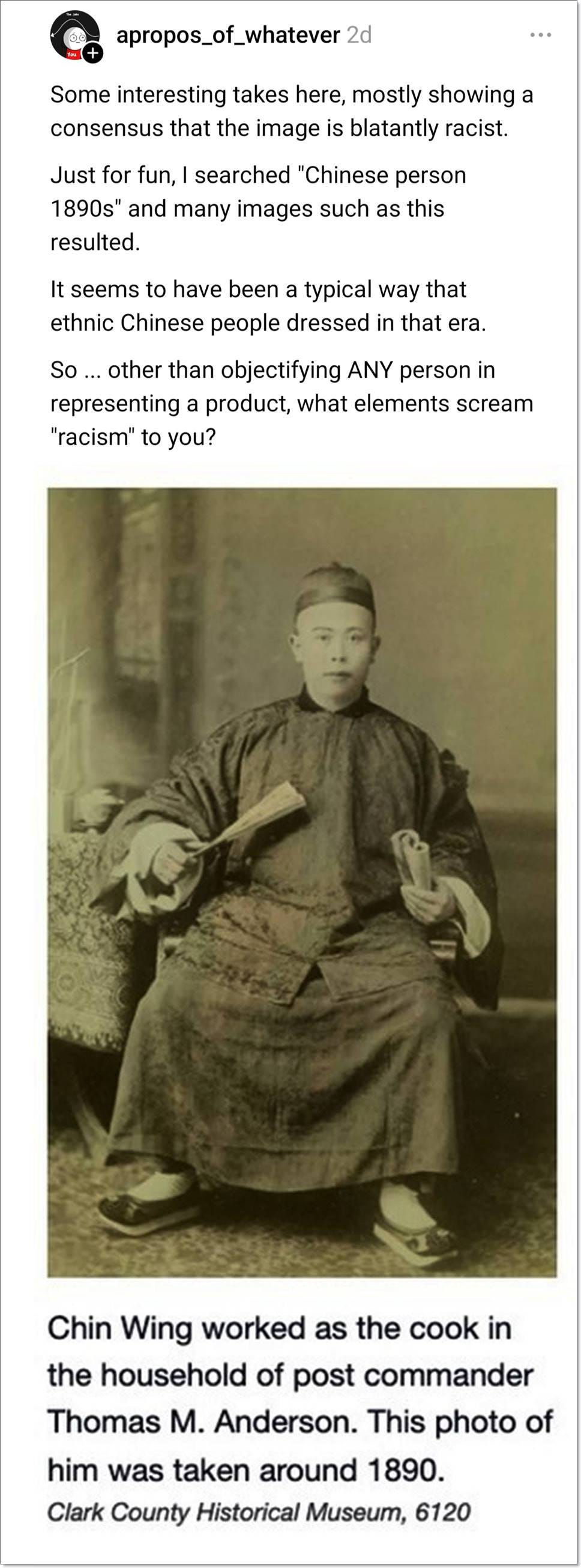
Pᴇᴏᴘʟᴇ ʟɪᴛᴇʀᴀʟʟʏ sᴀʏɪɴɢ ᴛʜᴀᴛ ᴛʜᴇ ᴍᴀɴ ᴅᴇᴘɪᴄᴛᴇᴅ ᴏɴ ᴛʜᴇ ᴘᴏsᴛᴇʀ ʟᴏᴏᴋs ʟɪᴋᴇ ᴛʜɪs Cʜɪɴᴇsᴇ ᴍᴀɴ.
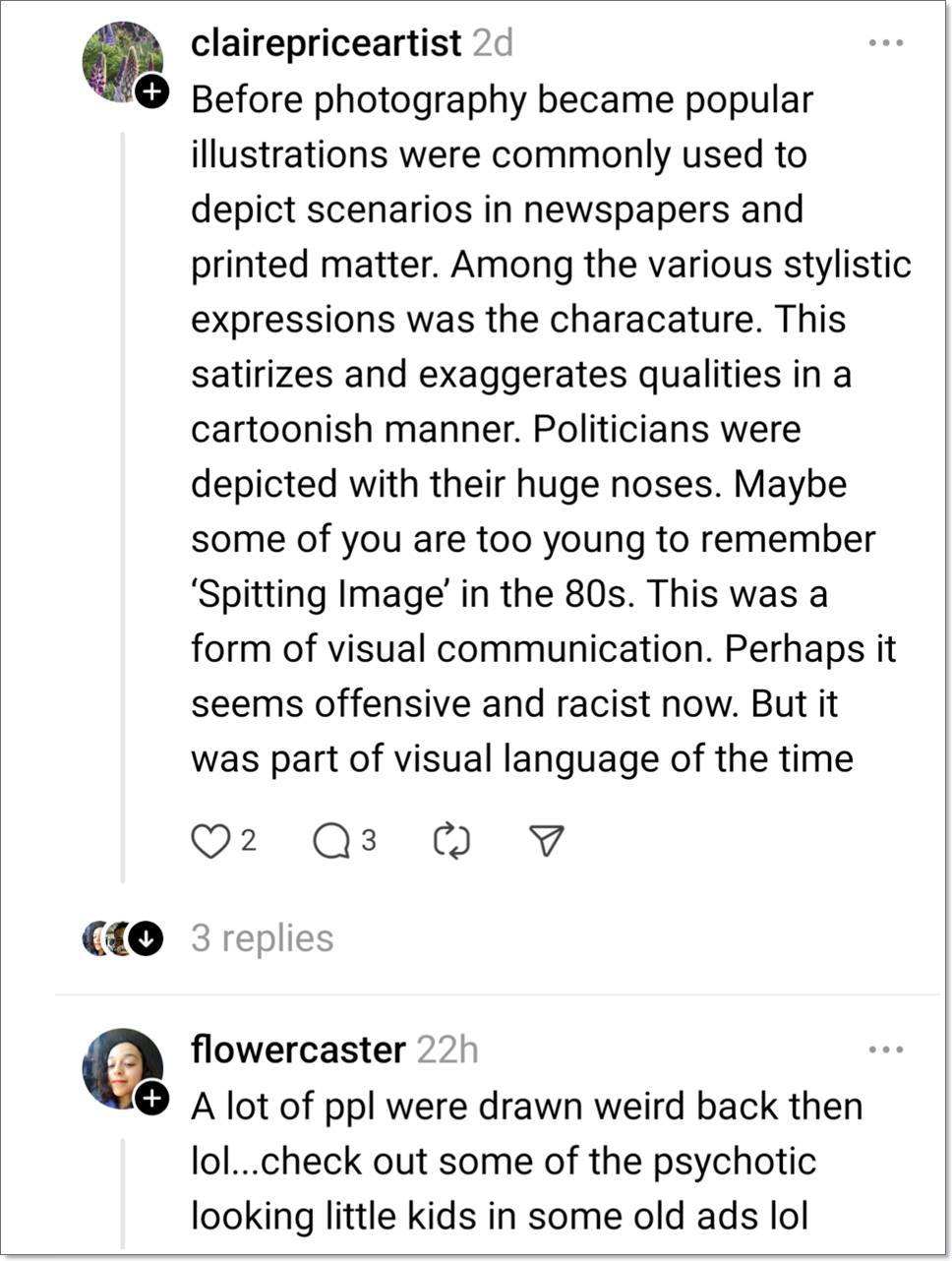
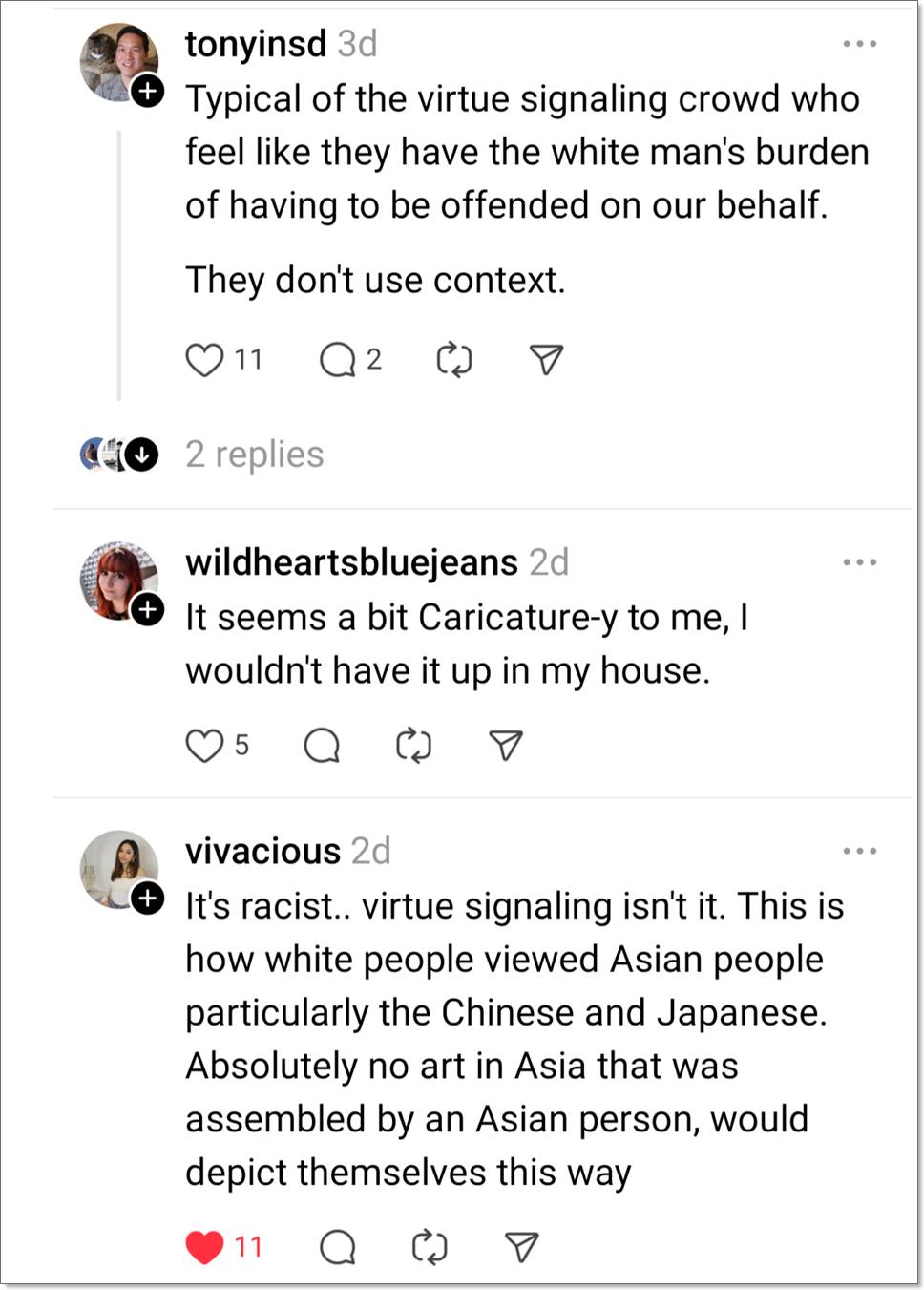
Claire clearly knows very little about art history, specifically in East Asia. East Asian artists weren’t depicting our people like the above French poster. You know who was? White Westerners.
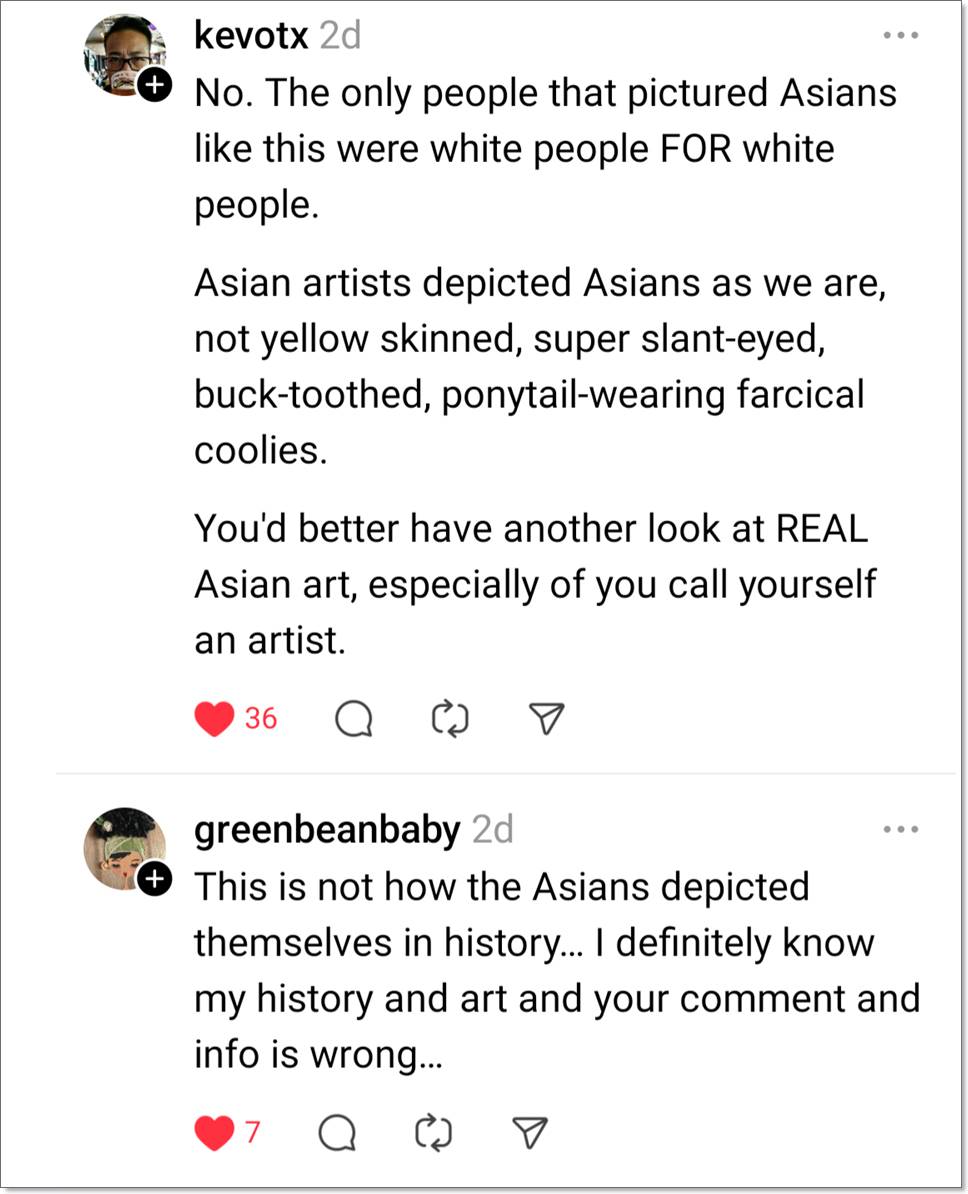
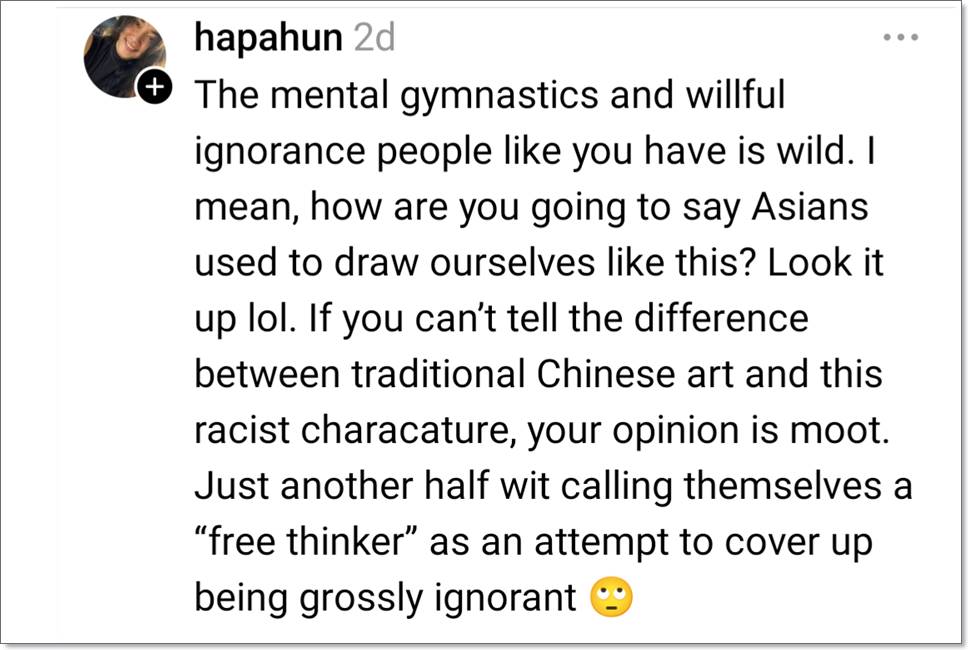
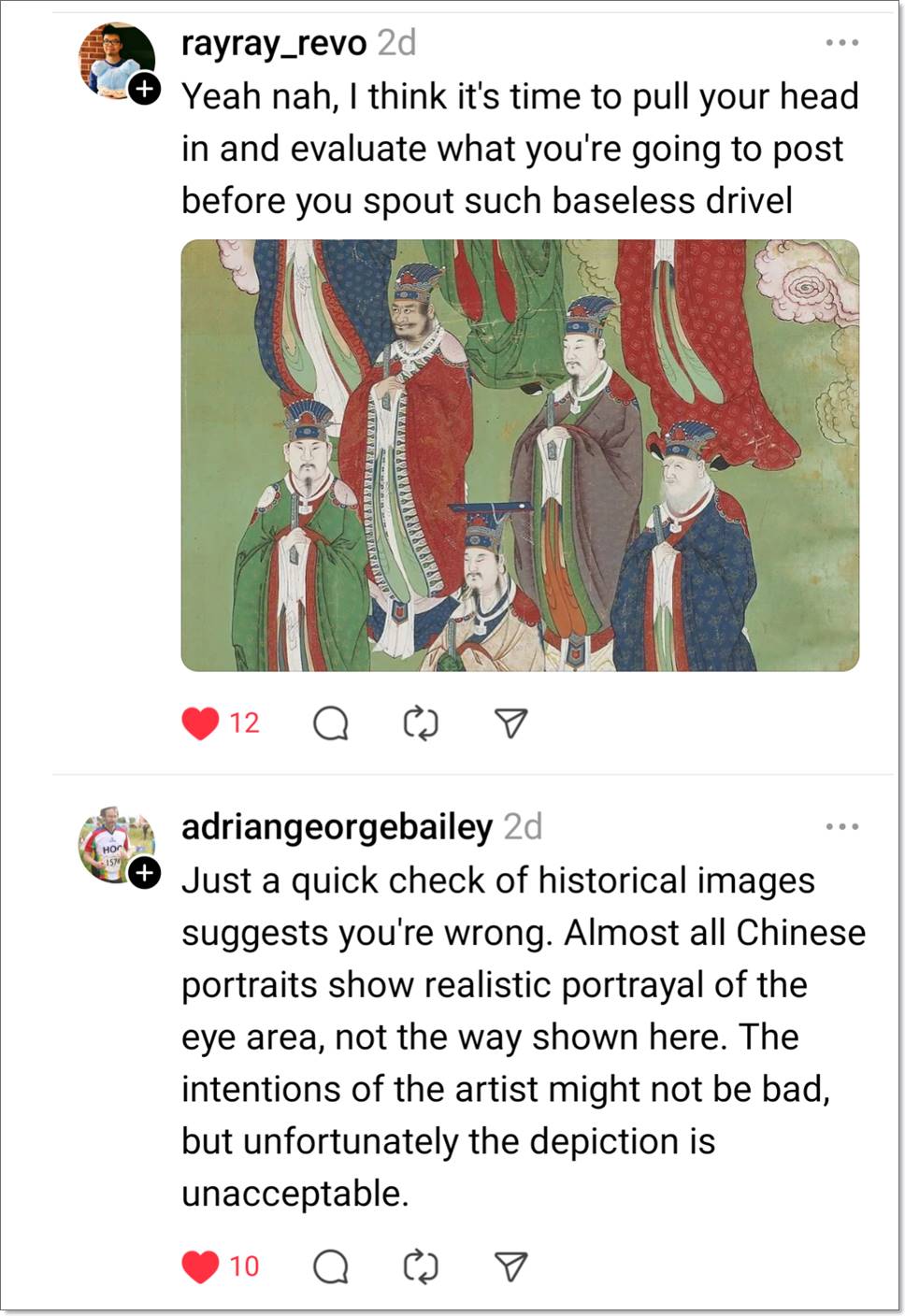 Mʏ ғᴀᴍɪʟʏ ʜᴀs Kᴏʀᴇᴀɴ sᴄʀᴏʟʟs ᴡɪᴛʜ ɪᴍᴀɢᴇs sɪᴍɪʟᴀʀ ᴛᴏ ᴛʜɪs.
Mʏ ғᴀᴍɪʟʏ ʜᴀs Kᴏʀᴇᴀɴ sᴄʀᴏʟʟs ᴡɪᴛʜ ɪᴍᴀɢᴇs sɪᴍɪʟᴀʀ ᴛᴏ ᴛʜɪs.
Then there’s this person, who I hope is a bored, underage child who will grow out of this trolling phase. Because it’s just unfortunate to think that an actual adult would be so proud of being this dense.
What I was able to gather from her subsequent comments is that since I am Korean and not Chinese, I am not allowed to even mention the slur ‘ch!nk’ in context — even though racists have called me this since I was in kindergarten. In her myopic mind, only those of Chinese ancestry are negatively affected by this slur.
Which brings up the question: Is it only offensive to be called a ‘ch!nk’ if you are of Chinese ethnicity? Since I’m Korean, should I not feel the sting of being called a ‘chi!nk’? Maybe the racist is using it as a term of endearment towards me … since I’m not Chinese, right? What even?! Make it make sense!
I find it incredulous that my own life experiences as an Asian American aren’t enough for some, and not believed by others. Would it help if academics said the same thing? Well here you go. The reality is that while the slur ‘ch!nk’ was originally used against Chinese men in the U.S., it became the defacto slur of choice to insult Asians in general. Per the Philadelphia Bar Association:
“Chink” originated in the 19th Century as a racial slur against people of Chinese descent after a movement was started to expel Chinese workers from the United States… The word “Chink” is now widely used throughout the United States as a racial slur against people of Asian descent
And the late Dr. Michael M. Ego — a Japanese American professor who had taught at the University of Connecticut — wrote:
One may probably think that the word “chink” is only a targeted slur aimed at persons of Chinese ancestry. Regrettably, the term “they all look alike” rings true with persons of East Asian and Southeast Asian heritage, and thus the person using the ethnic slur is ignorant of the heterogeneity of these groups and calls all of us a “chink.”
For the record, I do not like hearing or using any slurs. They are words of hate that I have a visceral reaction to. But sometimes, in a teaching moment, they can be used to illustrate why something is inappropriate. And racist.
© 2024 JAE-HA KIM | All Rights Reserved
WHAT I’VE WATCHED:
Over the past few months, I haven’t been enthralled with a lot of the K-dramas I’ve started (and then stopped) watching. So I’ve been supplementing my viewing catching up on some non-Korean shows — things I hadn’t watched in the past and/or the latest seasons of the series I’ve been looking forward to:







I think I would like to rewatch “Designing Women” and “Golden Girls” this winter. Sounds cozy. With a slice of cheesecake, of course!
ICYMI:
° Go Away With … Hymnson Chan (Tribune Publishing): “Being a part of the Asian and Asian American community is such a blessing! The true strength of Asians has been overlooked and oppressed for too long. But in recent years, there’s been a real boost in the sense of pride. But when it comes to quality roles, it still is slim pickings for Asian actors. And unless it’s an Asian show, then there still is the feeling that there can only be one token Asian on the show. However, some Asian-centric shows like ‘Shogun,’ ‘Brothers Sun,’ ‘Warrior,’ ‘Beef’ and ‘Tokyo Vice’ are some of the top shows in recent years, and the viewership numbers and critical acclaim are proof of that. So, hopefully, that will help continually grow the amount of quality roles for people like me.”
° The real loss in “Past Lives” isn’t love (Salon): “For Nora, proximity to Hae-sung reminds her of her younger days living in Korea. But it also reminds her of the 12-year-old girl she left behind to become who she is today. In order to become Nora Moon, she had to leave behind Moon Na-young. While she gained a new identity – one that she’s happy with and accustomed to – the loss of her younger self is profound.”
° The best time travel K-dramas — and why there are so many of them (TODAY.com)
° Exploration of unrequited gay love in K.Will’s MV (Substack)
° Korean diaspora’s blended identity [I was quoted in this Huffington Post essay]
© 2024 JAE-HA KIM | All Rights Reserved
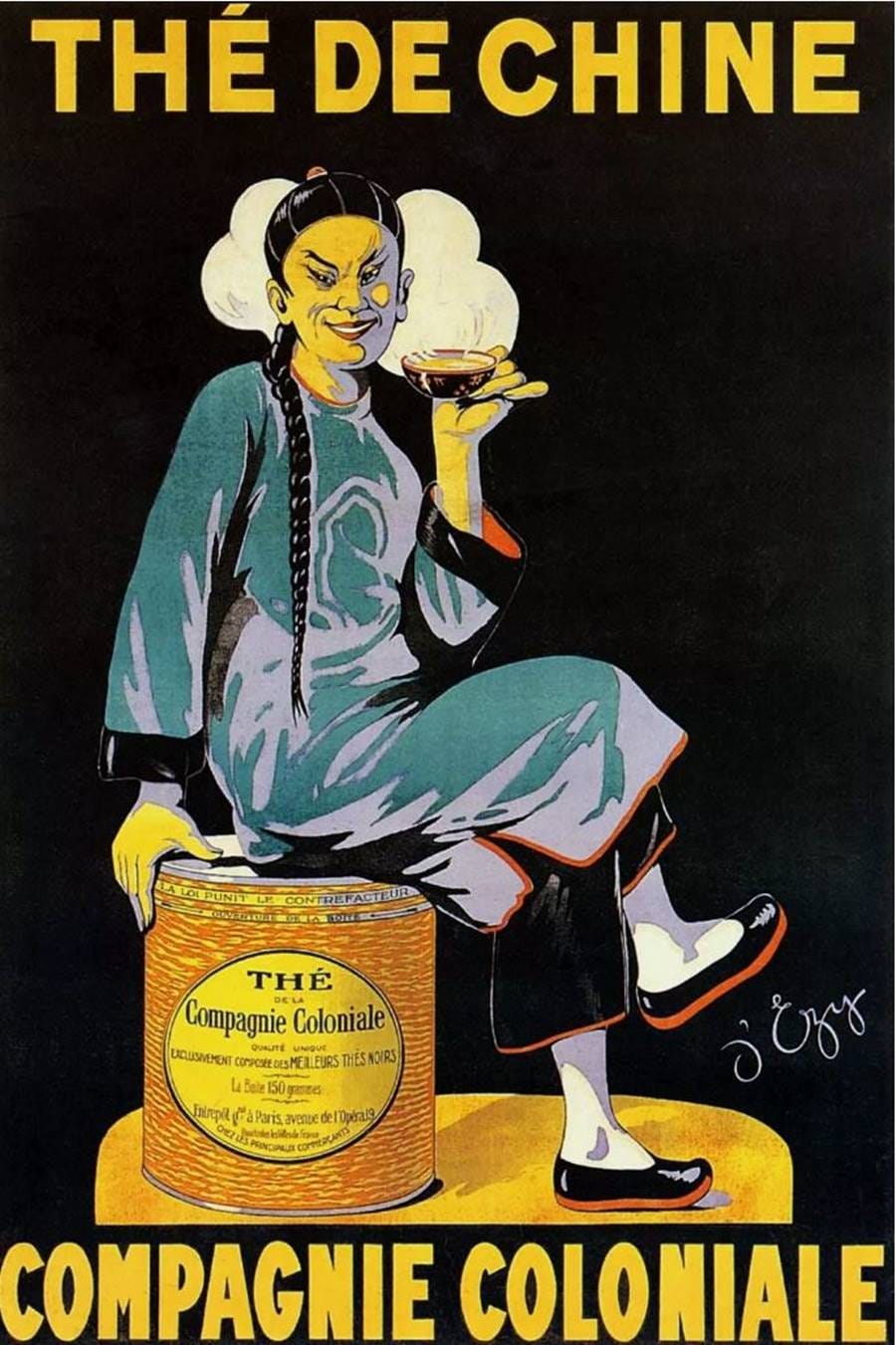
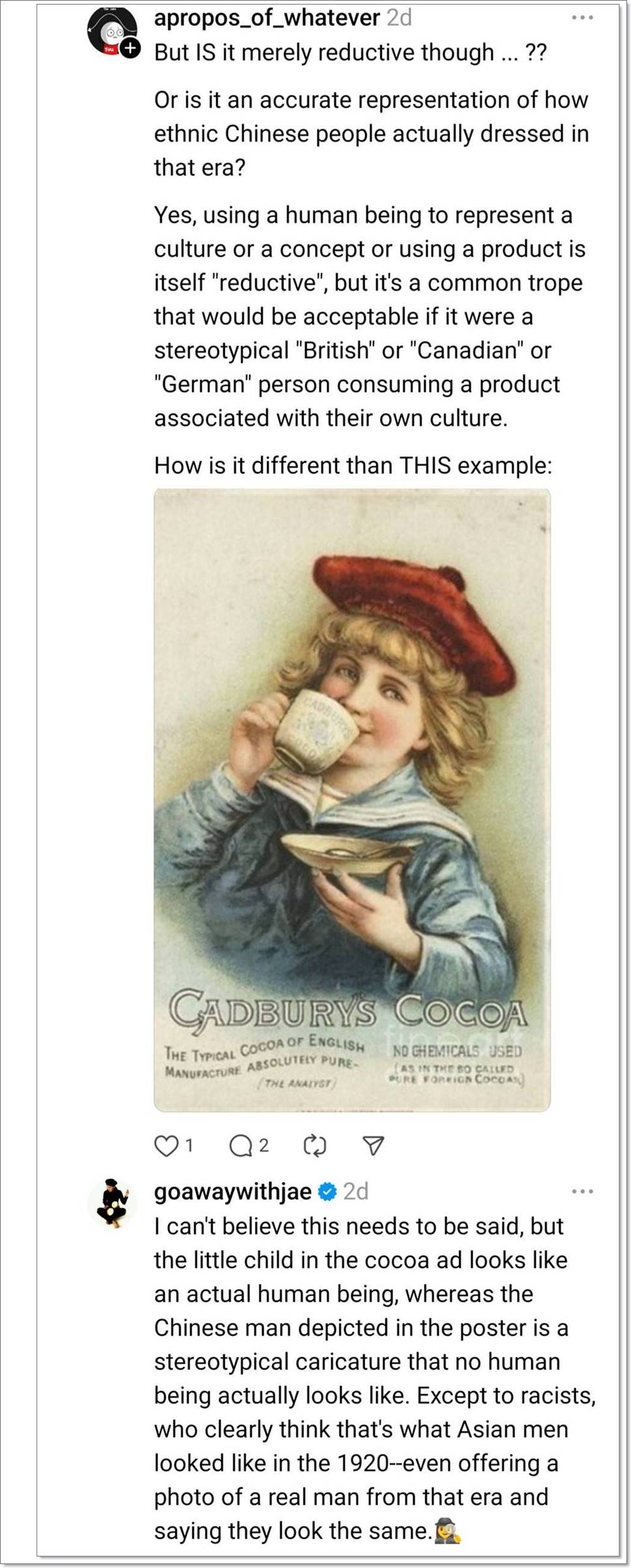
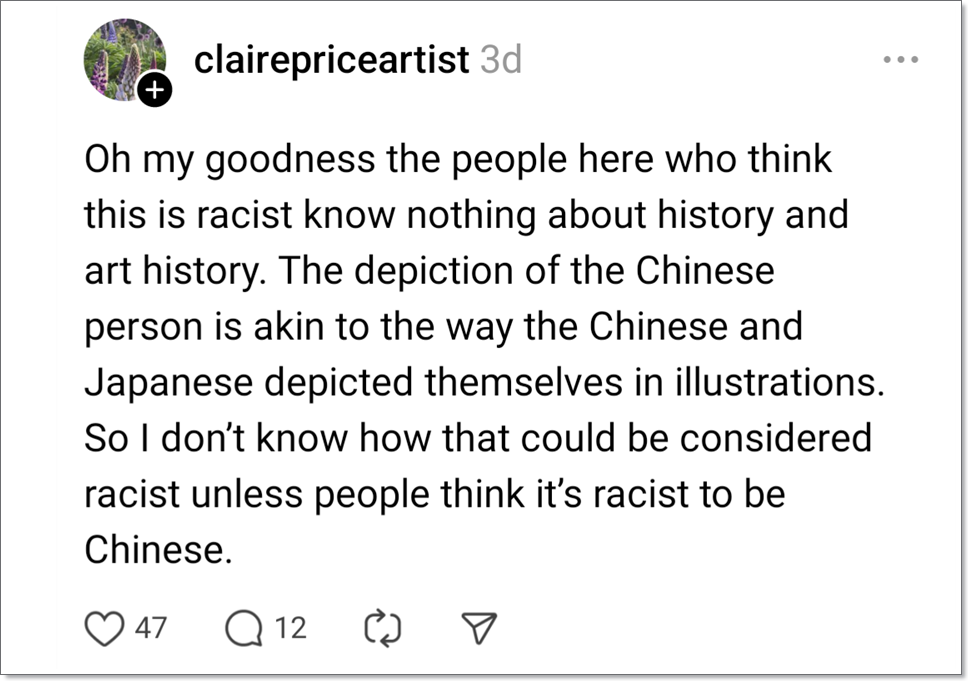
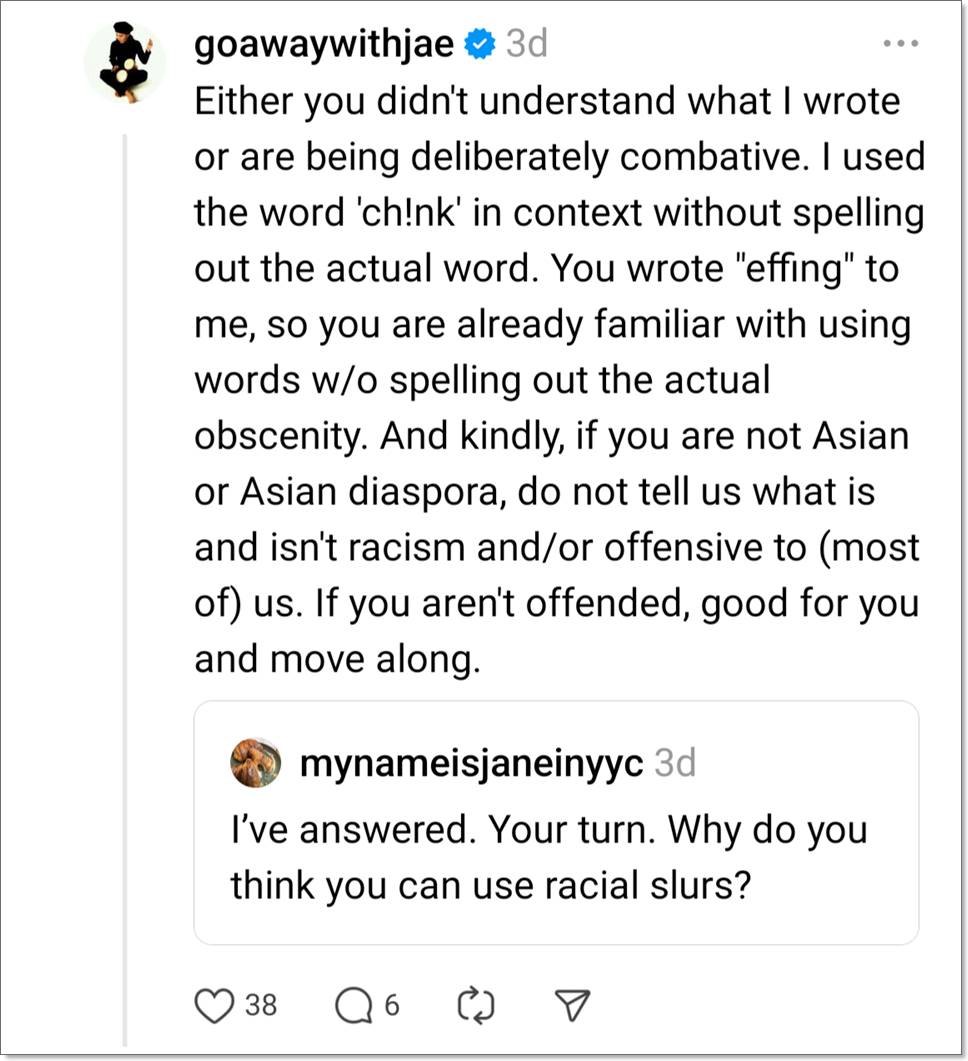
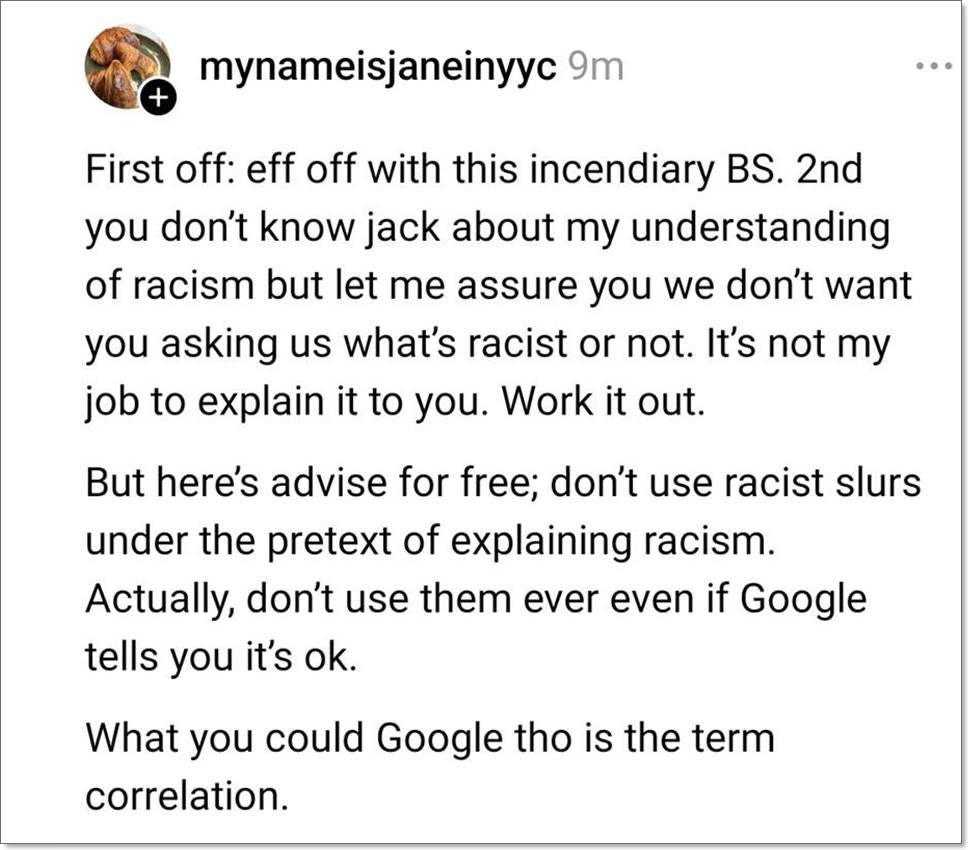
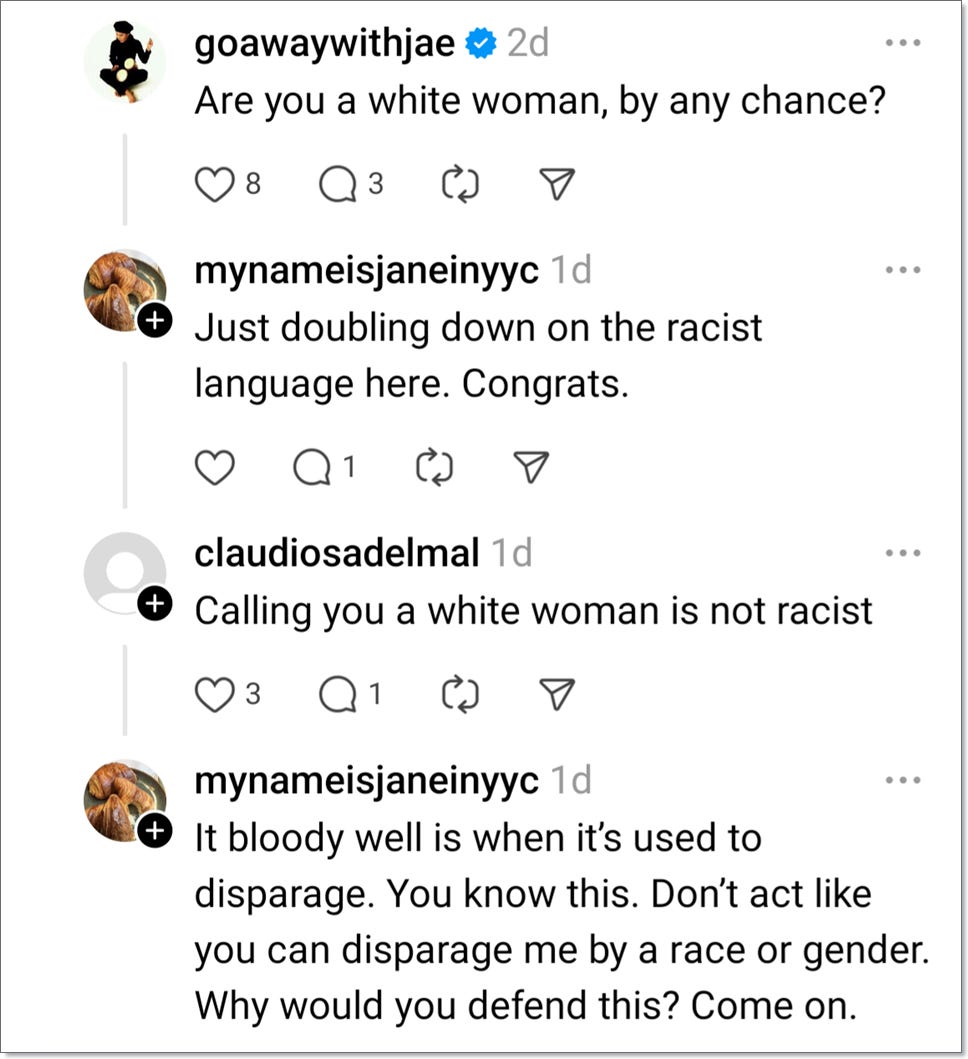
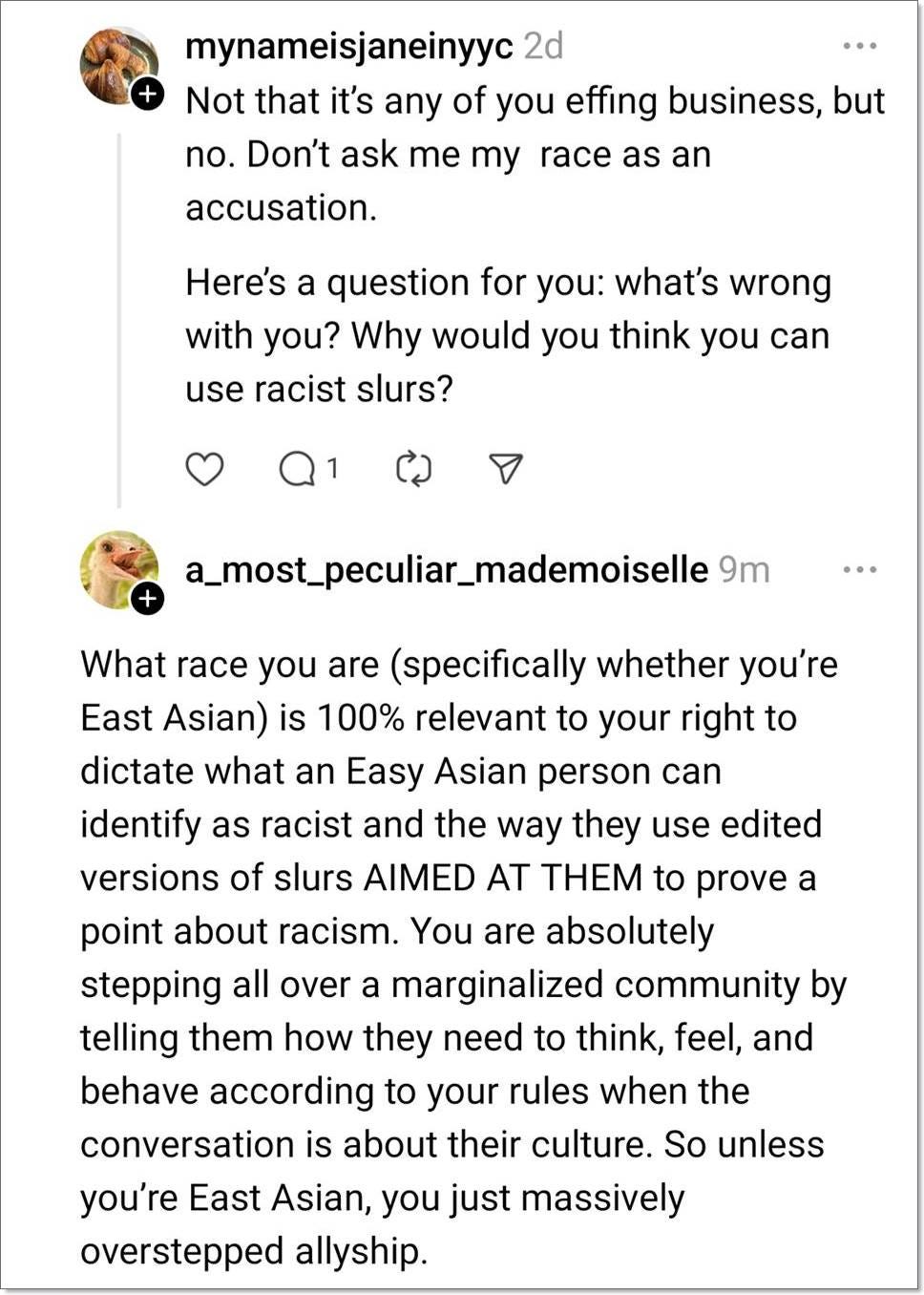
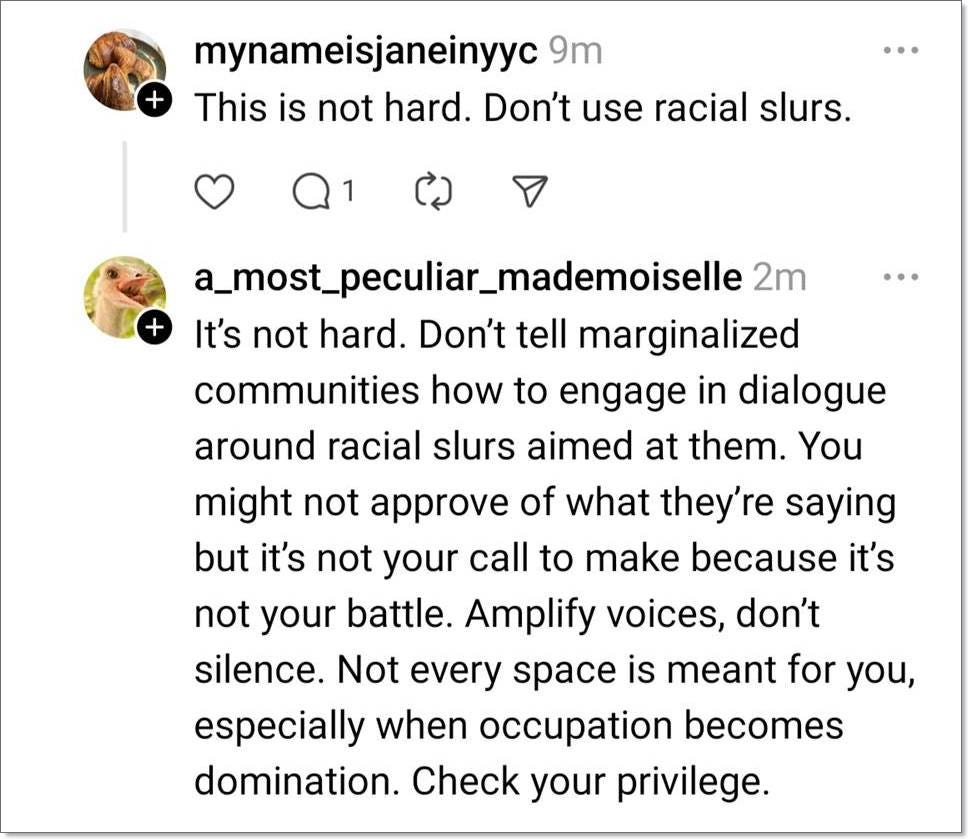
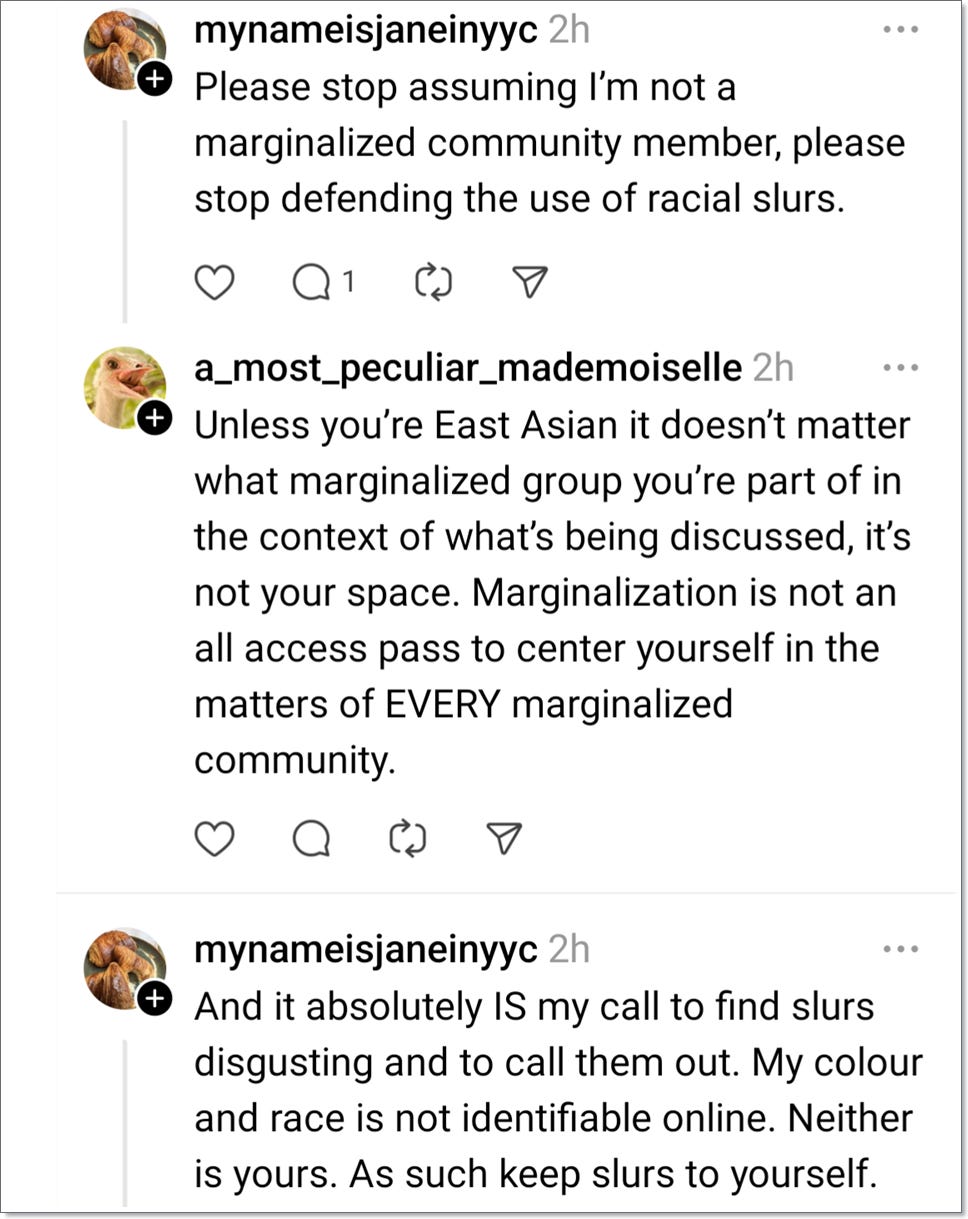
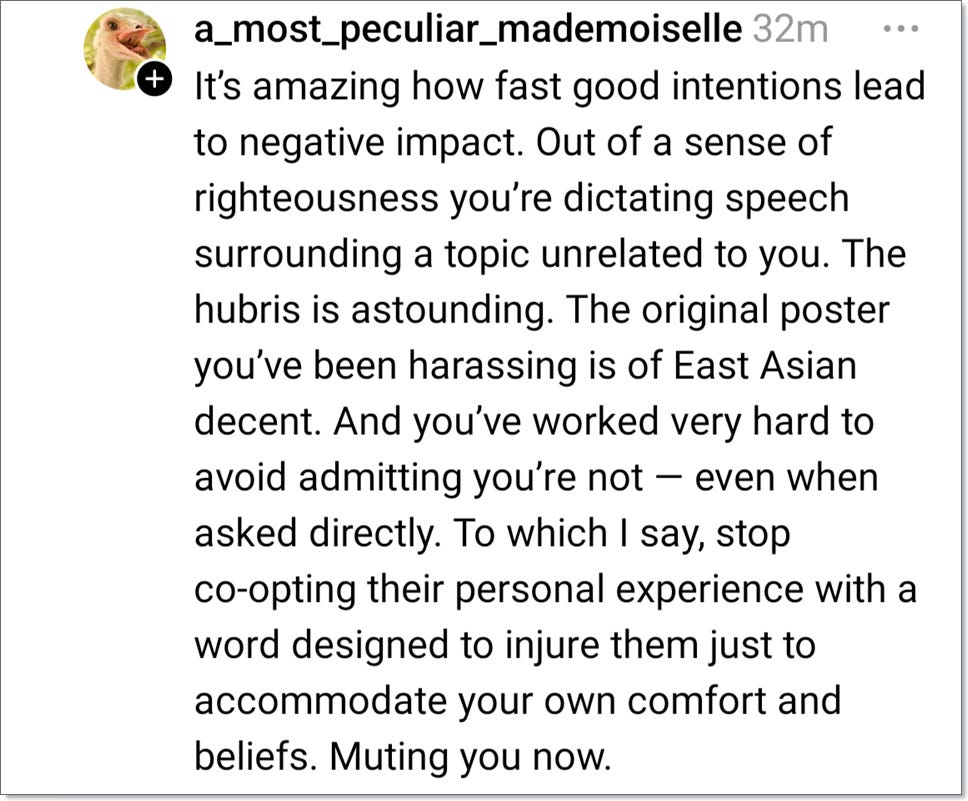
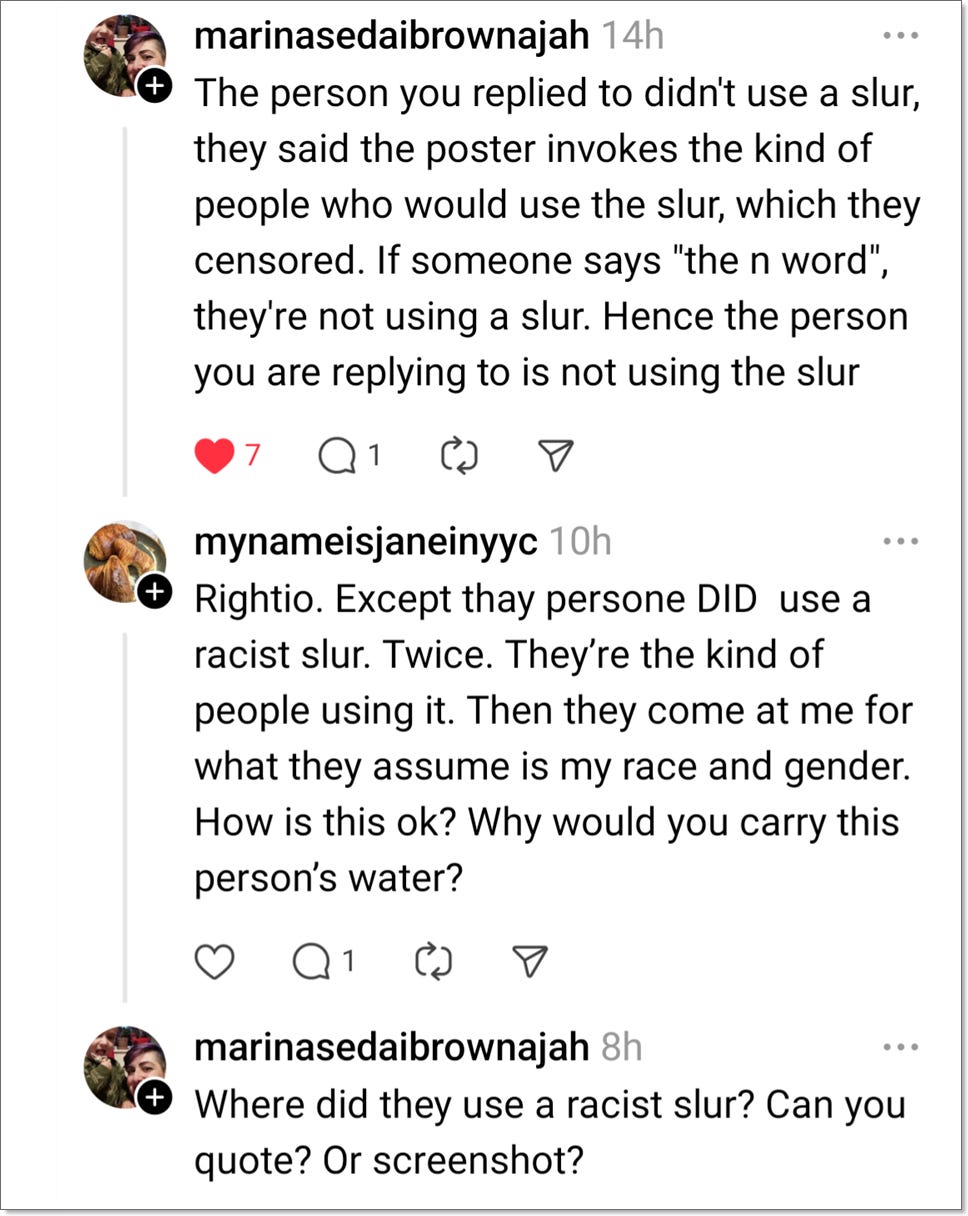
One thought on “Does Racist Vintage Art Get a Pass?”